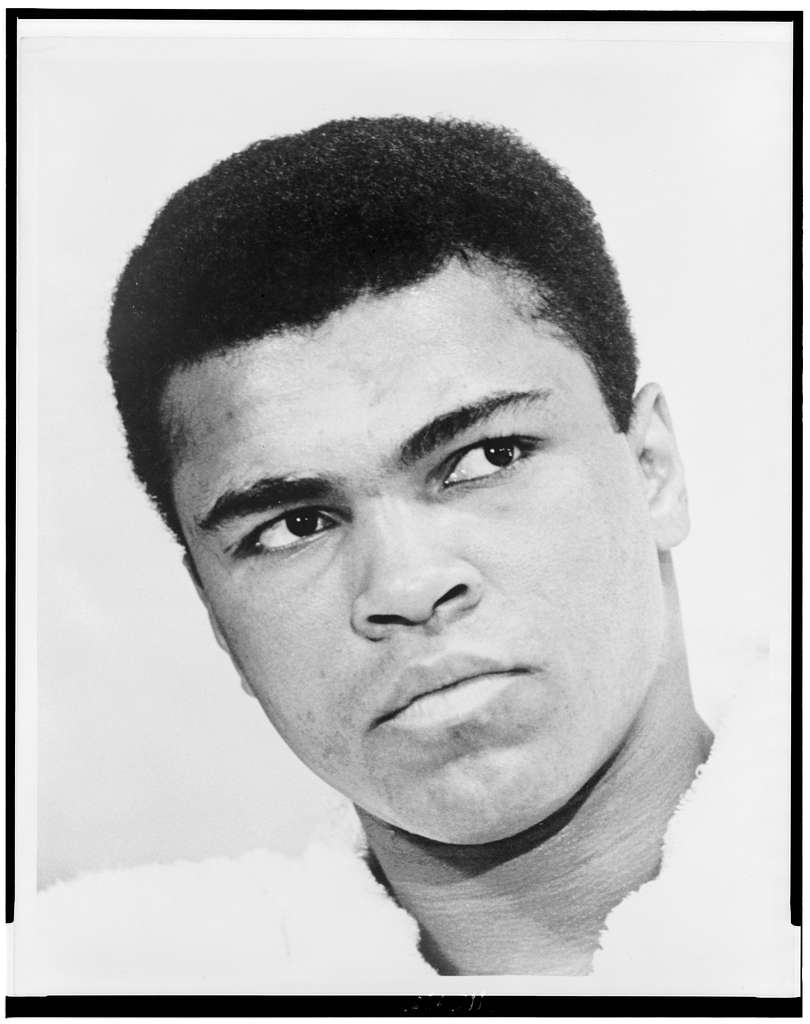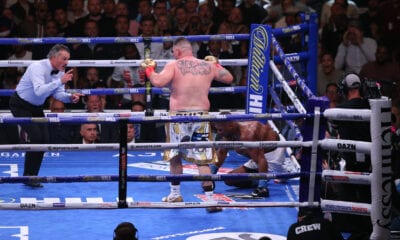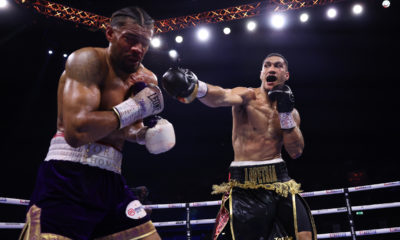Former professional boxer and activist Muhammad Ali is widely recognized as the greatest heavyweight of all time and was nicknamed “The Greatest.”
Also recognized as one of the most significant sports figures of all time, Ali came from very humble beginnings. Born Cassius Marcellus Clay before converting to Islam and having his name changed by Black Muslim leader Elijah Muhammad, the boxing icon grew up in Louisville, Kentucky with his parents and younger brother.
His father, also named Cassius Marcellus Clay, was a billboard painter, and his mother, Odessa O’Grady Clay, was a domestic helper.
Ali Overcame Childhood Struggle
Ali was dyslexic, something which led to problems at school and carried on for much of his life, though he had a way with words and could probably talk his way out of anything. Of course, he didn’t have to, given how skilled he was as a fighter.
The Kentucky native grew up during a period of racial segregation in America and it didn’t take him long to realize how badly Blacks were marginalized. His mother recalled an incident that devastated him as a child, revealing that a young Cassius was refused a drink of water at a store because of the color of his skin.
He was also really shaken up by the gruesome murder of Emmett Till he reacted to the news by vandalizing a local rail yard along with a friend.
Unbeknownst to most, the man who would go on to become one of the biggest voices for African Americans in his time had Irish roots as his mother’s grandfather, Abe Grady, emigrated from Ireland and married a freed slave when he settled in Kentucky. The former champion would visit his great-grandfather’s Irish hometown and meet members of his family over there as a man.
On his father’s side, he was the descendant of former slave Archer Alexander.
Perhaps Ali might have not been the man we all know today had it not been for a stolen bicycle. Someone made away with a 12-year-old Cassius’s bike and, when he reported the theft, he claimed he would beat the thief if he ever caught him. Joe Martin, the cop who took the report, was also a boxing trainer and advised that Clay should learn to fight. The youngster agreed and Martin took him under his wing. He won his first fight via split decision just six weeks later.
The Monumental Upset
Ali would shoot to fame when he defeated heavyweight title holder Sonny Liston in 1963. The soon-to-be star, 22 at the time, became the youngest fighter to ever dethrone a heavyweight champ. He went on to score more notable victories against some of the biggest names, including Floyd Patterson and Joe Fraizer.
Ali actually made more money from selling the gloves he wore when he fought Liston than he made for the fight itself. Around 50 years after that famous fight, an anonymous buyer took the gloves off him for $836,000, way more than the $630,000 he was paid in 1963. Of course, the latter would be worth several million today.
Muhammad Ali’s career not only reshaped boxing but also had a lasting impact on the world of sports. Had Ali been in his prime today, with the evolving landscape of sports and the advent of legal betting, one can only imagine how the sports betting sites in Kentucky would have buzzed with activity during his fights.
This evolution in sports culture is reflected in the way states like Kentucky are now embracing legal sports betting, a phenomenon that was unheard of in Ali’s era. For more information on this development, sports betting sites in Kentucky offer insights into how the state is adapting to these changes.
Muhammad Ali Record
Throughout his illustrious career, Ali secured a remarkable 56 victories, with 37 of them coming by way of knockout. His ability to “float like a butterfly and sting like a bee,” coupled with his charismatic persona, made him a global sensation. Most notable in Muhammad Ali’s record include his legendary bouts against Sonny Liston, Joe Frazier, and George Foreman. Beyond the numbers, Ali’s impact transcends the boxing ring, as he championed civil rights and stood as a symbol of resilience and conviction.
Another aspect of Ali’s life, perhaps not spoken about as much, is his relationship with Malcolm X and the tragic fallout that ensued.
By the time Ali was getting ready to fight Liston, Malcolm was being pushed out by the Nation of Islam. Malcolm Ali had grown close as brothers as it was the former who introduced him to the nation and was the one who stood by him ahead of the fight as Elijah didn’t actually believe he was going to win.
As fate would have it, he would desert Malcolm for Elijah after the victory, with Elijah and the nation pretending they’d been in his corner all along, and would be honored with the new name Muhammad Ali. One of Elijah’s sons also became his manager.
The exiled Malcolm would be killed the following year.
Before his death in 2016, Ali expressed sadness over the way his friendship ended with Malcolm, claiming it was one of the greatest regrets in his life.
“Turning my back on Malcolm was one of the mistakes that I regret most in my life,” he wrote in his autobiography, Soul of a Butterfly. “I wish I’d been able to tell Malcolm I was sorry, that he was right about so many things. But he was killed before I got the chance.”
Ali also left the Nation of Islam and later converted to Sunni Islam, following in his old friend’s footsteps.













